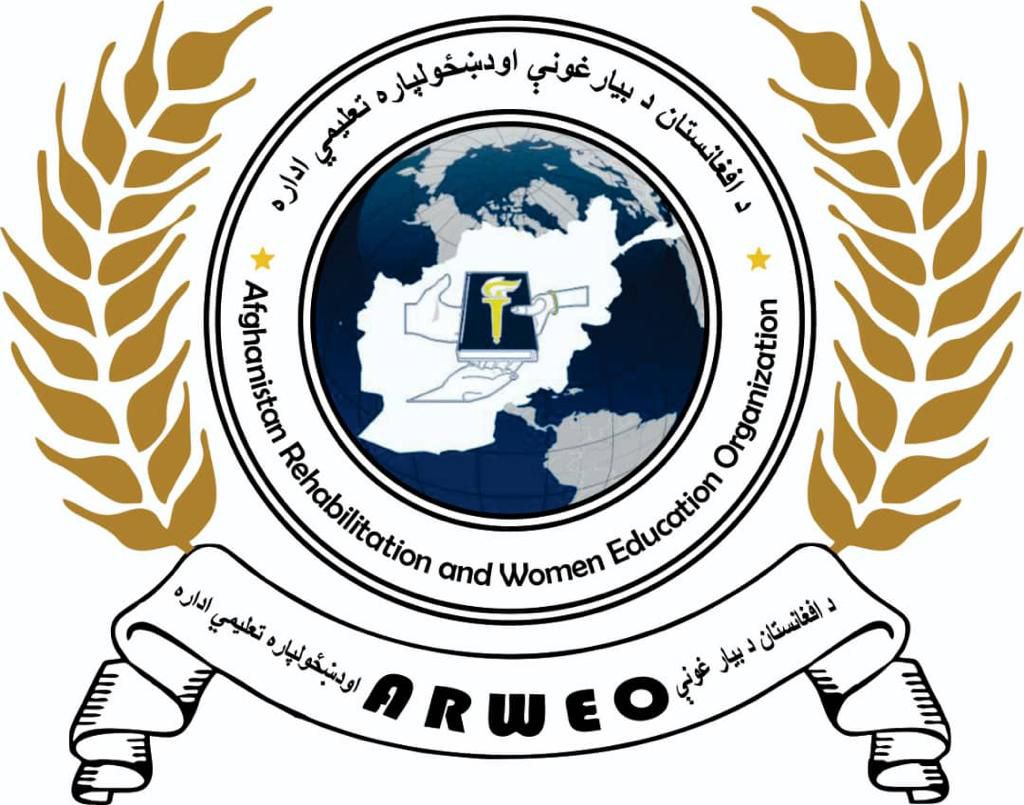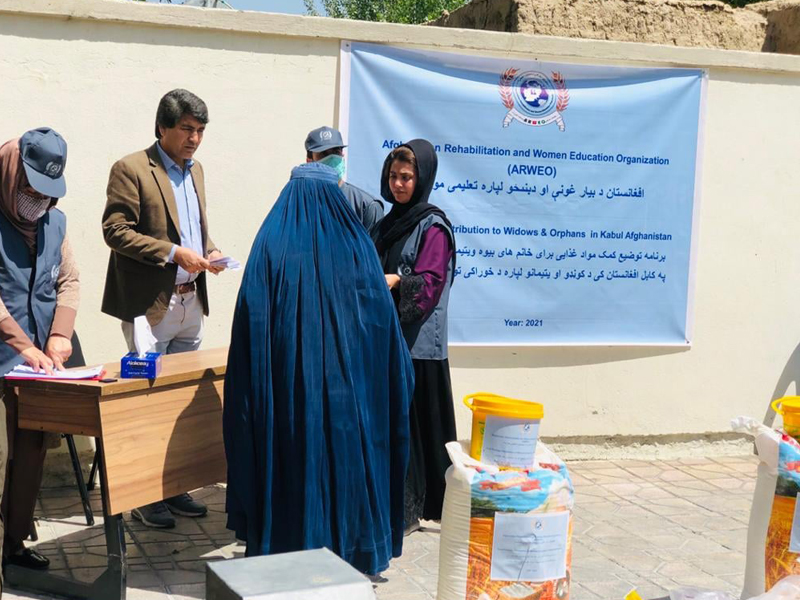
Access to Justice and Good Governance
Access to justice is more than improving an individual’s access to courts or guaranteeing legal representation. Access to justice is defined as the ability of people to seek and obtain a remedy through formal or informal institutions of justice for grievances in compliance with human rights standards. There is no access to justice where citizens (especially marginalized groups) fear the system, see it as alien, and do not access it; where the justice system is financially inaccessible; where individuals have no lawyers; where they do not have information or knowledge of rights; or where there is a weak justice system. Access to justice involves normative legal protection, legal awareness, legal aid and counsel, adjudication, enforcement, and civil society oversight. Access to justice supports sustainable peace by affording the population a more attractive alternative to violence in resolving personal and political disputes. Taking the importance of accessing justice,

